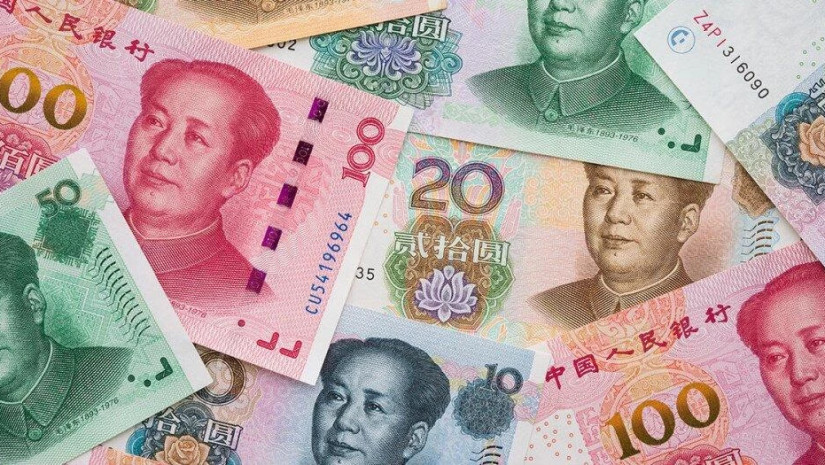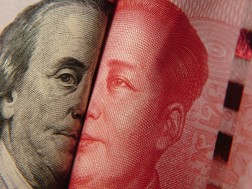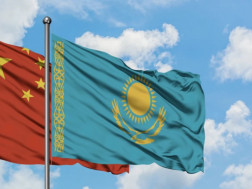Argentina will start paying for Chinese imports in yuan instead of US dollars in an effort to preserve the country’s dwindling foreign currency reserves, Economy Minister Sergio Massa said Wednesday.
“Following the worst drought in history, Argentina must keep its (foreign) reserves robust," Massa said during an event following a meeting with Chinese Ambassador Zou Xiaoli.
He noted that there will be challenges "to rethink and redefine the country’s import strategy” together with the International Monetary Fund (IMF).
"Argentina has a currency swap with China that works not only as an instrument to strengthen its (international) reserves but also as a financial and commercial instrument,” he said.
Argentina aims to pay for around $1 billion of Chinese imports in yuan instead of dollars in April, and thereafter around $790 million worth of monthly imports will be paid in yuan, the government said in a statement.
According to the local daily Perfil, Xiaoli spoke first on Wednesday, highlighting the deepening cooperation between Beijing and Buenos Aires as well as President Alberto Fernandez's trip to China.
“All of this was reflected through the official visit of Alberto Fernandez to China and a series of documents that emphasize bilateral relations," he said.
"China continues to support Argentina in defending the sovereignty of its economy, which is why we are working on the swap, so that companies can use the yuan to reduce costs.
"We have been working hard and very closely to exchange information and data," said Xiaoli
In recent months, there has been talk in the region of moving away from dependency on the US dollar.
In April, Brazil’s President Luiz Inacio Lula Da Silva, while on an official visit to China to deepen ties, signaled his intent to move away from US dollar dependency in international trade.
In January, Argentina and Brazil floated the idea of creating a common currency to use in the region.
At the time, Lula said the aim would be to deepen the Latin American nations' commercial and financial relations, AA reports.
















